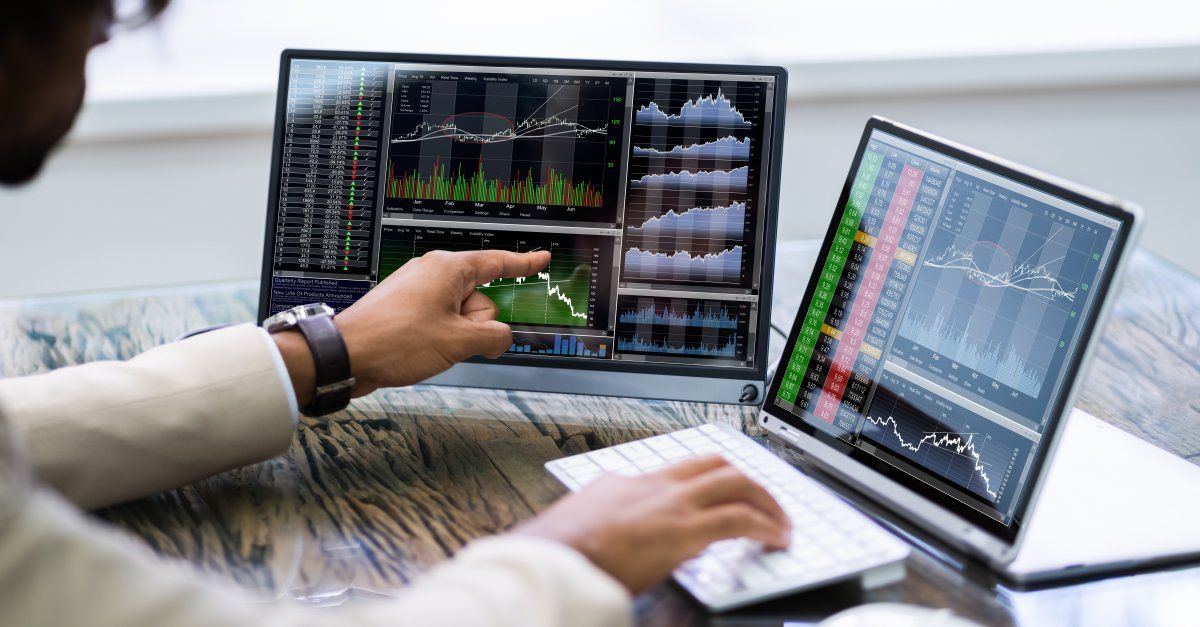
Forex Market Overview
1. The Interbank Market
The majority of forex trading occurs in the interbank market, a decentralized network where banks and financial institutions trade currencies directly. Unlike centralized exchanges like the NYSE or LSE, the forex market operates over-the-counter (OTC), meaning there’s no central location or exchange. This electronic network allows trading 24 hours a day, five days a week, across the globe.
2. Currency Distribution in Forex Market
In forex transactions, two currencies are involved, so the total percentage shares add up to 200%. The U.S. dollar (USD) is the most traded currency, involved in 84.9% of all transactions. The euro (EUR) follows at 39.1%, and the Japanese yen (JPY) at 19.0%.
3. The Dominance of the U.S. Dollar
The USD holds a central role in the forex market due to several factors:
- It comprises approximately 62% of the world’s official foreign exchange reserves.
- The U.S. economy is the largest globally.
- The USD is the world’s primary reserve currency.
- The U.S. has the most liquid financial markets.
- It serves as the medium of exchange for many cross-border transactions, such as oil pricing (“petrodollars”).
4. Speculation in the Forex Market
While forex facilitates international trade and investment, a significant portion of trading volume—over 90%—is driven by speculation. Traders aim to profit from short-term price movements of currency pairs. The market’s high liquidity allows for large volumes of trading with minimal price impact.
5. Ways to Trade Forex
Retail traders can participate in the forex market through various instruments:
- Currency Futures: Standardized contracts to buy or sell a currency at a future date and price, traded on centralized exchanges like the CME.
- Currency Options: Contracts that give the right, but not the obligation, to buy or sell a currency at a specified price before a certain date.
- Currency ETFs: Funds that track the performance of a single currency or a basket of currencies, traded like stocks.
- Spot Forex (Spot FX): Direct trading of currency pairs at current market prices, typically settled within two business days.
- Retail Forex: Trading through brokers who provide access to the forex market, often with leverage, allowing control over large positions with a smaller capital outlay.
- Forex Spread Betting: A derivative product where traders speculate on the price movement of currency pairs without owning the underlying asset. Note: Spread betting is illegal in the U.S.
- Forex CFDs: Contracts for difference allow traders to speculate on currency price movements without owning the currencies themselves. CFDs are not permitted in the U.S.
6. Retail Forex Trading Mechanics
Retail forex trading involves trading currency pairs through brokers who act as intermediaries. These brokers often provide leverage, enabling traders to control large positions with relatively small capital. Positions are typically rolled over daily to avoid physical delivery of currencies, a process known as “rolling spot forex transactions.” Traders may incur swap or rollover fees during this process.
